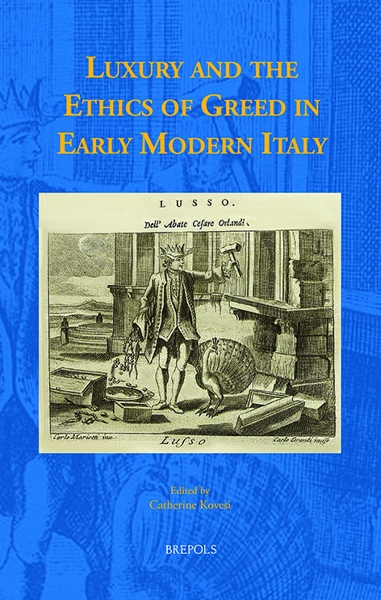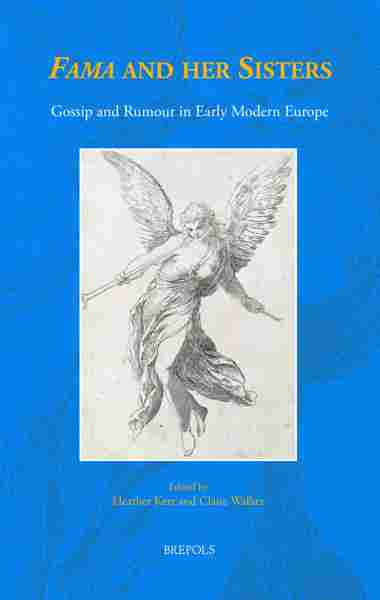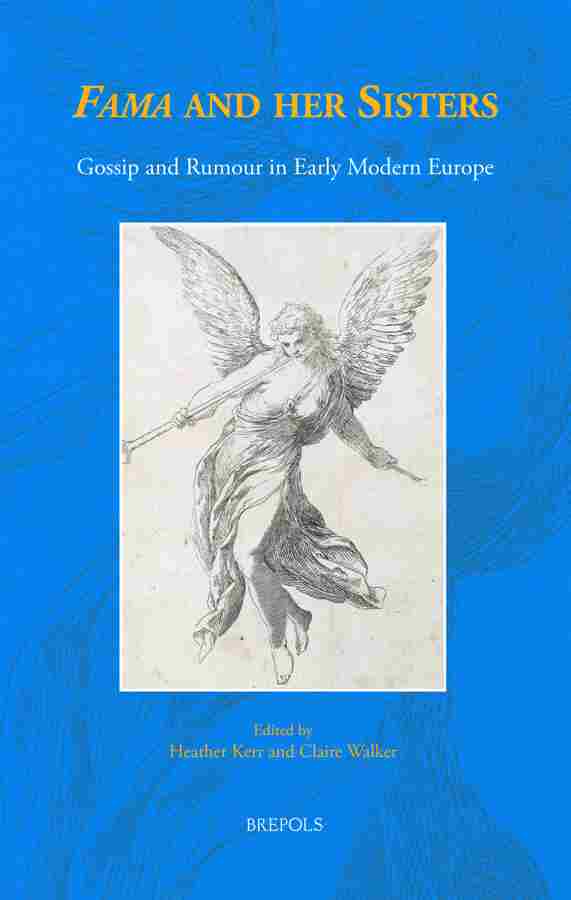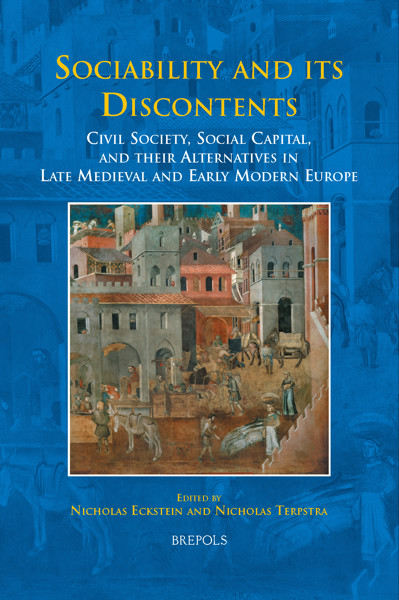
- Pages: 242 p.
- Size:156 x 234 mm
- Illustrations:1 b/w
- Language(s):English
- Publication Year:2015
- € 90,00 EXCL. VAT RETAIL PRICE
- ISBN: 978-2-503-54184-6
- Hardback
- Available
- € 90,00 EXCL. VAT RETAIL PRICE
- ISBN: 978-2-503-55781-6
- E-book
- Available
This collection draws upon recent scholarship on oral and print cultures and their role in the transformation of the public sphere to present an interdisciplinary analysis of the ways gossip and rumour defined reputation and public opinion in early modern Europe.
The essays in this collection demonstrate how Fama and her sisters, gossip and rumour, were central in private and public discourses about state and society in early modern Europe. In an era when oral, scribal, visual, and print cultures competed to satisfy a growing public demand for ‘news’, gossip and rumour informed people about the actions and morals of their social and political elites, and they commonly enabled people who did not usually participate in politics to engage with the public discourses about religion, governance, and society which shaped their lives and the state. So while gossip and rumour might be scurrilous and entertaining, they nonetheless performed a vital political function, regulating communal and political behaviour in the upper social echelons, as well as in neighbourhoods lower down the social scale where they might constitute a form of popular justice. This timely interdisciplinary study explores how gossip and rumour functioned dualistically at all levels of the early modern state and society either to advance or to defame reputations, and thereby shape public opinion.
Introduction: New Perspectives on ‘Fama’ — CLAIRE WALKER and HEATHER KERR
Whispering Fama: Talk and Reputation in Early Modern Europe — CLAIRE WALKER
Telling Tales: Negotiating ‘Fame’ in Virgil’s Aeneid, Ovid’s Metamorphoses, and Christopher Marlowe’s Tragedy of Dido, Queen of Carthage — LUCY POTTER
Witchcraft and Rumour in Renaissance Venice — ELIZABETH HORODOWICH
Rumour and Reputation in the Early Modern English Family — AMANDA CAPERN
Face-to-Face with the ‘Flanders Mare’: the Malfunction of Hans Holbein the Younger’s Portrait of Anne of Cleves — LISA MANSFIELD
Poison, Pregnancy and Protestants: Gossip and Scandal at the Early Modern French Court — UNA MCILVENNA
The Queen of Bohemia’s Daughter: Managing Rumourand Reputation in a Seventeenth-century Dynasty — SUSAN BROOMHALL and JACQUELINE VAN GENT
Gossip, Intimacy and the Early Modern Scottish Household — KATIE BARCLAY
The Pleasures and Perils of Gossip: Sociability, Scandal and Plebeian Poetry in the Long Eighteenth Century — PETER DENNEY




